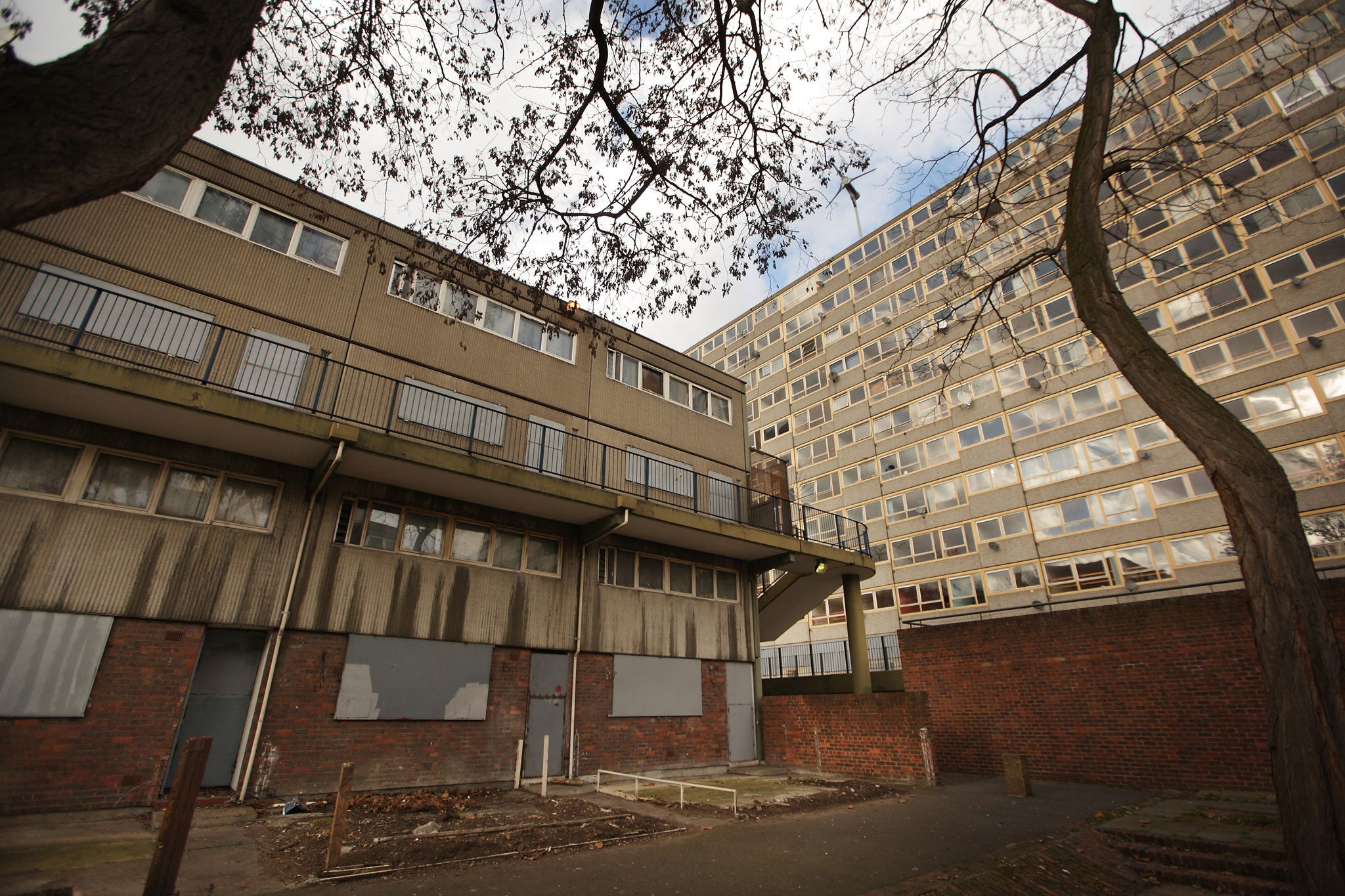All That is Solid: The Great Housing Disaster by Danny Dorling, book review
The madness of Britain's housing policy laid bare

If it's not the weather a sure-fire bet for the front page of a newspaper trying to attract buyers on a slow news day is housing. More particularly, house prices and whether they're up or down.
It's a national obsession. Why? Because 61 per cent or more of the UK's wealth is tied up in residential property. Instead of putting our money into savings and pension plans, we stick it into bricks and mortar.
The housing market is an economic bellwether, the subject of intense scrutiny by central bankers, politicians and the media. If it's buoyant, then we can collectively breathe easily.
In reality, that "we" is only a small number. While a vast proportion of the country's cash is invested in housing, the truth is that those who actually own the money, and the property, are tiny. According to one calculation, 69 per cent of the land is in the hands of 0.6 per cent of the population.
The sad fact is that house prices may dominate much of the UK's thinking and determine its overall spirit, but not enough of us actually own our home or, if we're tenants, have properly protected rights.
So, far from being an indicator of economic well-being, the shortage of decent, affordable housing is a disgrace, a barometer for much of what is wrong with our society. It's this deep division that lies at the heart of Danny Dorling's book.
Dorling is the Halford Mackinder professor of geography at Oxford University and a frequent commentator on social inequality and injustice. Because of his background, there is a detailed, exhaustive quality to his work. Fortunately, the result is not a turgid, extended dissertation but a compellingly argued, at times witty and shocking, eloquent read.
Black-and-white photographs of dwellings and roads are used to break up the text. That may sound dry but they're used to clever, sharp effect. There's one of a row of bricked-up houses due for demolition in Fir Vale, a poor area of Sheffield. You look at them and think, why? They're structurally sound, solidly-built Victorian houses. In other locations they would be "highly sought after, ripe for refurbishment, complete with original fixtures and fittings" to use the estate agent vernacular.
Here, they stand, waiting to be crushed. They're all that remain of 130 such houses that were made the subject of compulsory purchase orders in 2008. This, in a city and a country where there is a chronic lack of housing. To answer the question: they were deemed to be in the wrong place at the wrong time. There might be a crying need, but people did not want them.
It is madness like this that Dorling lays bare. Attempts to open up the market, to broaden home ownership, have come to nought. One of the mantras of Thatcherism was "right-to-buy" for council tenants. What happened? By 2013, up to a third of all council homes purchased under this banner had been sold on to a few rich landlords.
One of them, ironically, was the son of Ian Gow, the minister who led the Thatcher right-to-buy crusade. His son is a housing magnate, owning more than 40 ex-council flats on one London estate alone.
What's too easily forgotten is the role that housing serves. In Dorling's words, it's "a special kind of good – a social good – which brings with it wider benefits. In this it is like education and health. It is better for all of us if others are also well housed, well educated and healthy."
It's too vital to be left to the developers, speculators, estate agents. If we're going to achieve greater equality, this is one market that requires state intervention.
Join our commenting forum
Join thought-provoking conversations, follow other Independent readers and see their replies
Comments